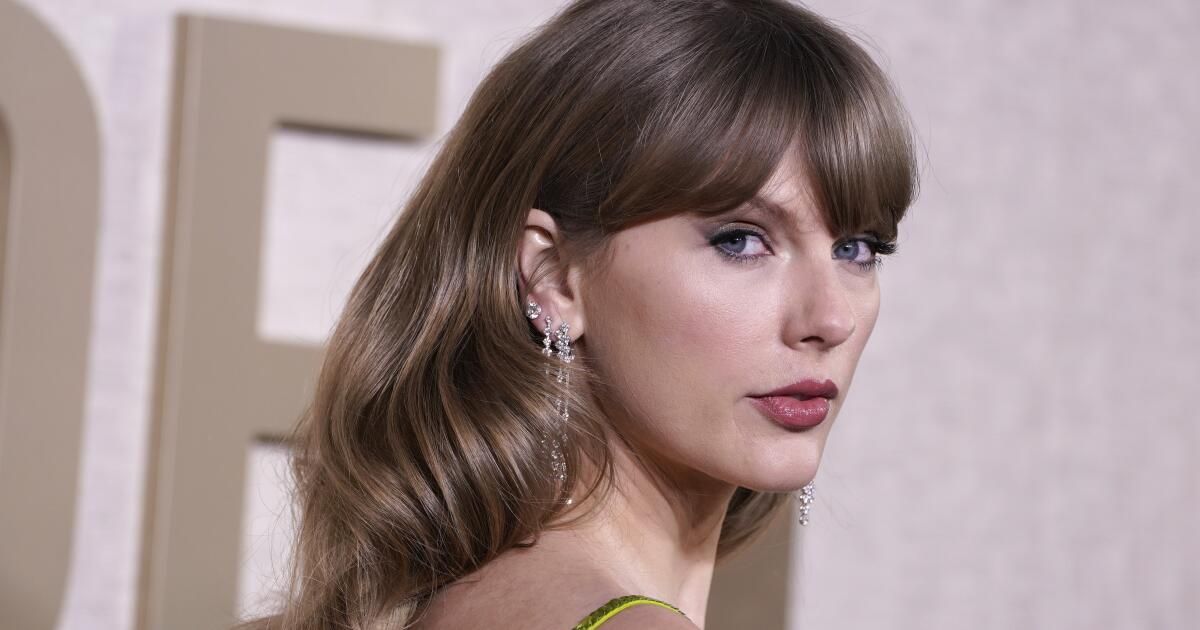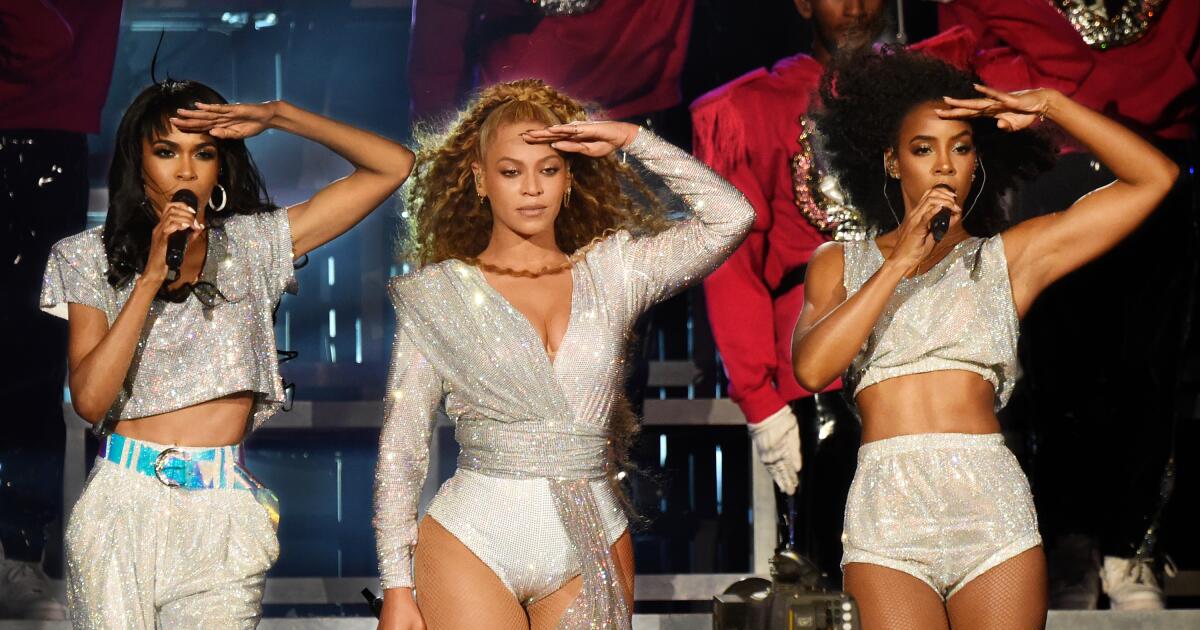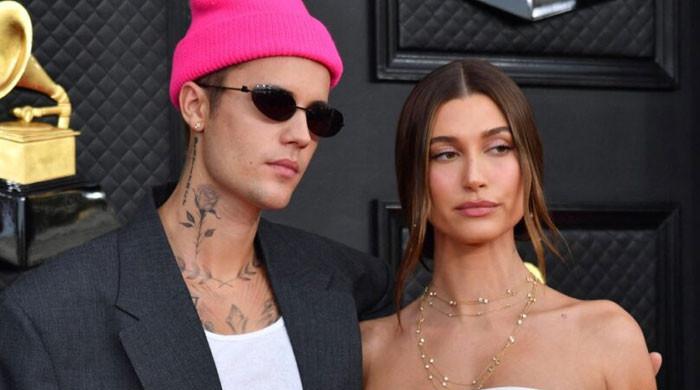Fake AI-generated ads are circulating on social media again, this time using Taylor Swift's voice and likeness promising free Le Creuset cookware sets.
As every Swiftie knows, the “Hoax” singer is a Le Creuset fan. In the pop star's 2020 documentary, “Miss Americana,” she whipped up some pasta sauce in the brand's blue pot. And in 2014, Swift surprised “superfan” Gena Gabrielle by attending her bridal shower with several gifts in tow, including two items from the luxury kitchenware line.
Scammers used artificial intelligence technology to create a synthetic version of the singer's voice, the New York Times reported Tuesday. The audio played over several images of Le Creuset products and clips of Swift, some taken from her 2016 interview with Vogue, “73 Questions with Taylor Swift,” in which the Grammy winner gives the outlet a tour of her home. while quickly responding. fire questions
In multiple social media ads, Swift's voice is manipulated to sound like she is “delighted” to give away her “loyal fans” cookware sets that are available due to a “packaging error.” Fans only need to offer her personal information and pay a shipping fee of $9.96.
A Le Creuset spokesperson told The Times in a statement that the brand is not involved with Taylor Swift for any consumer gifts. “All approved Le Creuset gifts or promotions come from Le Creuset's official social accounts,” the statement said. “Consumers should always check Le Creuset's official social accounts and website before clicking on any suspicious ads.”
Swift's rep did not immediately respond to The Times' request for comment.
Recent advances in artificial intelligence have made it easier to create deepfakes and convincing audio clips of celebrities. “These tools are becoming very accessible today,” Siwei Lyu, a computer science professor who directs the University at Buffalo's Media Forensic Laboratory, told the New York Times. Lyu added that it could take him less than 45 minutes to make a “decent quality video.”
Lyu went on to say that the fake Le Creuset giveaway was likely created using a text-to-speech service, which can translate a script into an AI-generated voice and then combine it with a video using lip-syncing software.
Last June, “Yellowstone” star and country musician Lainey Wilson saw scammers using her voice and image to sell weight-loss gummies. The “Heart Like a Truck” hitmaker shared a video on Instagram criticizing the fake ads.
“By now I'm sure many of you have seen some ads about me losing weight, being hospitalized and then I started taking some weight loss gummies and blah blah blah they saved my life. Well, surprise, it's not like that. true,” she said.
“People will do anything to make a dollar, even if it's lies because no one sent me gummies… I love you all. I just don't want you to spend your money on something that isn't real, don't be fooled.”
And in September, Oscar-winning actor Tom Hanks appeared in deepfake dental ads. The “Asteroid City” star quickly took them down via his Instagram, sharing an image from the scam video with the caption: “Beware! There is a video promoting a dental plan with my version of AI. “I have nothing to do with that.”
Last year, as a sharp rise in fake celebrity ads began to invade the Internet, USA Today shared a guide to spotting AI-generated videos that explained red flags to look out for, including perfect symmetry, distortion, the unusual proportions and unnatural textures. There are also AI detection tools that can be accessed online, including AI or Not and Maybe's AI Art Detector.












